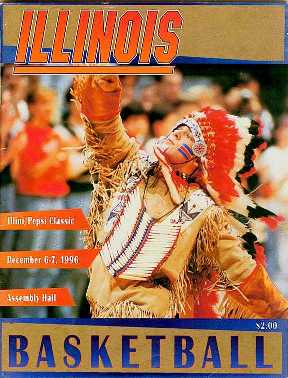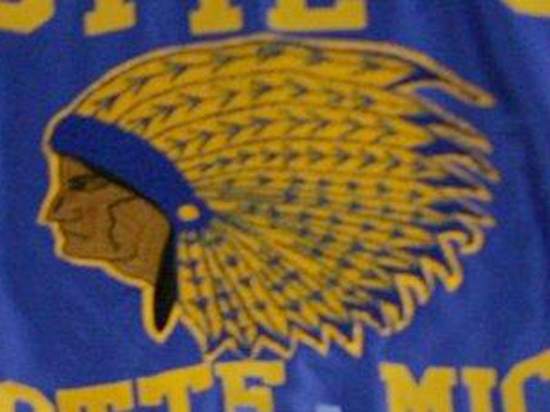The Boston Globe asks “Why Should a Journalist’s Race Matter?”
This applies to journalism. It applies to everything in our society, but it especially applies to journalism where white reporters and white writers (particularly white male writers) are seen as objective and everyone else just brings their minority bias to the table. And I don’t see how Jacoby can argue that there is no need for racial parity in journalism when his racially tone-deaf article proves that reporters will bring their own bias into whatever they will report.
It’s just strange how some biases are perceived as objective.
Would a white journalist, like Jacoby, be able to tell with conviction Cory Booker’s story? Booker, the current mayor of Newark, has a story layered with racial nuance. In The Breakthrough, Ifill notes that “In order to move into Harrington Park, his parents, a pair of IBM executives, hired a white couple to pose as them.” (p. 142) Now, an informed white writer (or a writer who knows their beat, and has been reporting in the area for the years which is another dying breed) would probably be able to piece that together, either from background knowledge or doing further research. And an informed white writer would be able to paint a picture of some of the intra-racial tension Booker faced, from being perceived as “too light” to be black, of the static he received for having grown up in the suburbs, away from the city, or for his top-tier education.
An informed, curious, white writer could conceivably write that story.
But a white writer who is convinced racism is in the past, has a negligible effect on modern life, and subscribes to the “only racists bring up race” school of thought can never tell that kind of story. Their bias prevents them from seeing what is there.
The former group is the one this posting addresses. Natives have other postings in which they can (try to) criticize me.
Clueless about Natives
I've seen and read white journalists like Jacoby literally thousands of times. They're generally clueless about Native history and culture. When they dismiss things such as the US's treaty obligations, poverty on the rez, or Indian mascots, they have no idea what Natives think or feel about the subject.
They act as if they're unbiased, but they're anything but. Their bias is toward mainstream thought--i.e., the white male Christian American position. It's the same thinking that tells us settling the West was good but tribes are bad.
A couple of comments cement the point:
Whiteness is the norm and therefore understood to always be rational. We view the world in binaries and therefore blackness is irrational, child like and ultimately biased.
CEdwards wrote:
As a former journalist myself, I can definitely say that I tended to get more candid information from people of color; definitely more candid than my fellow reporters who were white.
Note that I'm not saying minority journalists are less biased. If you sent them to cover a Republican convention, an exclusive country club, or a Wall Street meltdown, they'd probably see it through their minority bias. They'd have to work to overcome their bias just as white journalists have to overcome theirs.
Remember, everybody is racist. That's the whole point of having a multicultural society. One person's weakness is another person's strength. This diversity of backgrounds and perspectives makes us better than the unthinking attitudes in totalitarian regimes. I.e., the "tribal" mentalities in, say, Hitler's Germany, Stalin's USSR, or Mao's China. All of which were based on Western thought (Nazism, Marxism, Communism).
For more on the subject, see Native Journalism: To Tell the Truth.
Below: Beloved icons or racist stereotypes? Warning: Your skin color may affect your answer.





2 comments:
There was a time when reporting was about all about the facts, not opinion. I believe that is what we learned in writing 101. Somewhere along the the way the lines between think pieces and reports got blurred. I believe doing so bought some humanity into the mix but it also reinforced the power that written words have to turn fiction into fact just because it is written. We tend to believe what is written about others.
As you have pointed out, we are all biased, our reactions and inferences are drawn from our history and experience, diversity and knowledge can help us see a situation from inside as well as out. It gives a greater and often rounder picture of what we are actually being asked to look it. Let's hope that's always considered when reporters are assigned to write pieces about cultures and issues and peoples that WE may not know.
@simone: "There was a time when reporting was about all about the facts, not opinion"
I think that opinion has always come in, at least in what facts reporters choose to or choose not to report. The slicker reporters and newsreaders are probably the ones who are best at looking "objective" as opposed to being the least biased.
Post a Comment